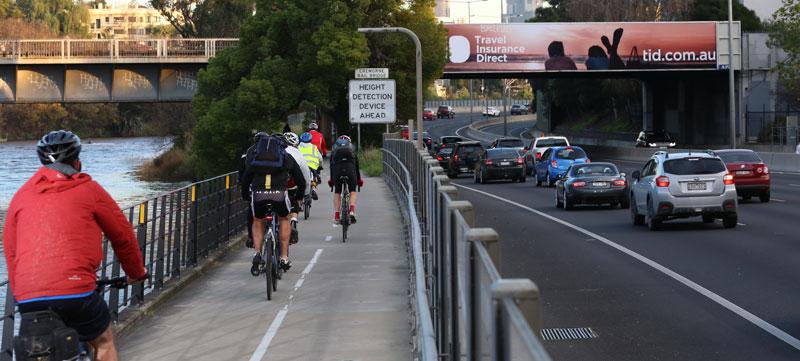
Briefs
The staggering reality of life for young people after leaving out-of-home care
For a young person, being taken out of their family of origin and being put into a form of out-of-home care (OHC) can have long term, life affecting consequences.
Are driverless vehicles, e-bikes and ride sharing the future of commuting?
As technological disruption of transportation gathers pace with the continued growth of ride-sharing, the expansion of electric cars and the inevitable arrival of autonomous vehicles, governments are grappling with how best to consider innovation in transport planning.
Key workers and commuting during COVID-19
As Australia continues to deal with COVID-19 outbreaks, one of the methods Australian states and territories have used is restrictions on who can move through an area and how far they can go. However, to keep societies functioning there are key workers who need to be at their workplaces, regardless of where they commute from. This has led to question as to just who is a key worker and how far do they commute through Australia’s large capital cities of Sydney and Melbourne.
Is a ‘green recovery’ the key to post-COVID housing stimulus?
Internationally, improving the environmental sustainability of residential property has been identified as an important way to ensure that economic stimulus spending is invested wisely. It can reduce energy bills and greenhouse gas emissions, improve comfort and health and support employment in the construction sector.
Pandemic underscores the connections between socio-economic vulnerability, health and housing
The AHURI-HUD International Housing Policy Exchange highlighted the role of social and economic inequality in health outcomes. The participating countries all reported people with inadequate housing who lived in low socio-economic areas were disproportionately affected by the virus.





